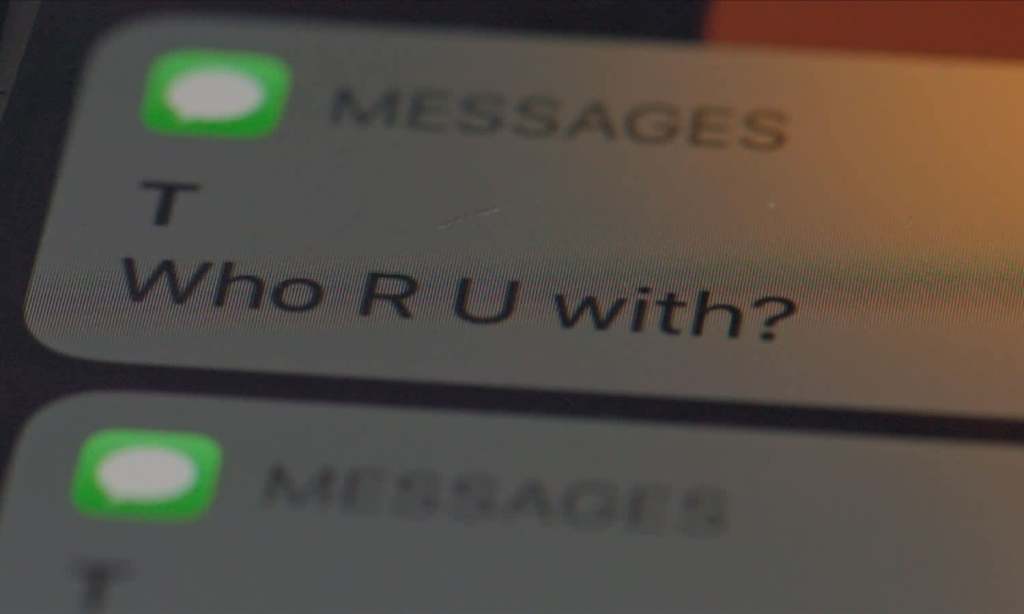Trigger warning: this article deals with the topic of domestic violence and may be triggering for some readers.
At the time of writing this article, 11 women had lost their lives to domestic abuse in Australia in 2021.
According to research conducted by Destroy The Joint and Counting Dead Women Australia, the total number of domestic violence deaths among females in 2020 was 55 — which supports the statistic that on average, one woman a week is killed by a current or former partner.
While physical injuries and death can make domestic violence somewhat easier to identify and prosecute, there has been much talk in recent years of coercive control — an invisible and insidious aspect to abuse that investigative journalist Jess Hill has been committed to researching since 2014.
Hill, the author of the book See What You Made Me Do, and now the host of an SBS documentary of the same name told The Latch that domestic violence is “possibly the most corrosive influence on our society” and explained the obstacles in dismantling the incredibly complex nature of modern-day abuse.
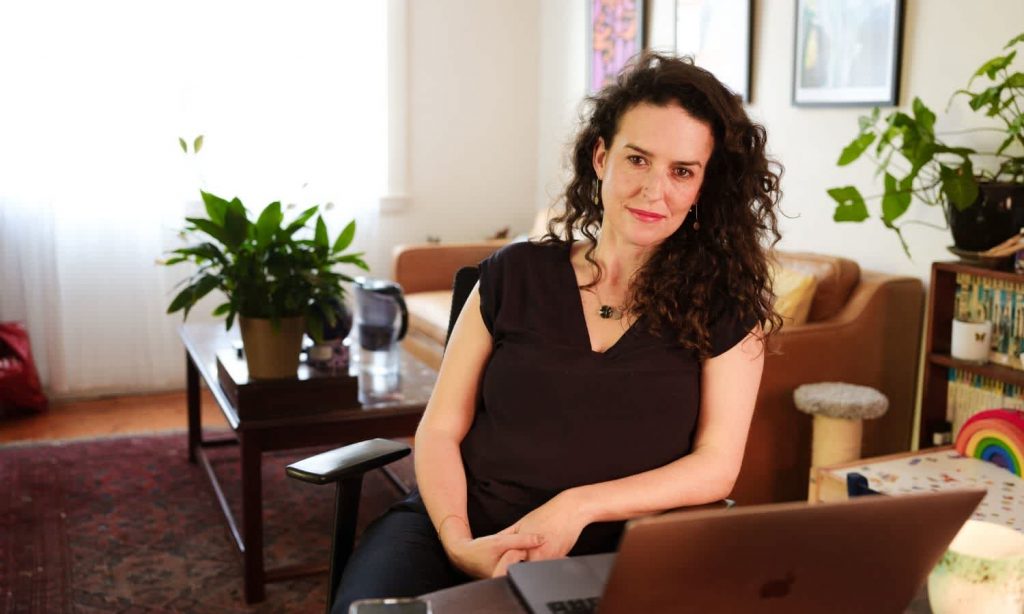
Coercive Control
The troubling reality about coercive control is that it is not defined by a singular thing. Rather, it is a collection of behaviours designed to strip a person of their autonomy or self-worth that in turn can make it impossible for them to leave the relationship even when it does become physically violent — which it all too often does.
These behaviours can involve gaslighting, in which a person is manipulated into doubting their own memories, experiences and sanity.
Coercive control can also take the form of financial abuse whereby access to bank accounts is limited or entirely prohibited, being deliberately isolated from family and friends in order to cut off crucial access to support systems, having aspects of one’s identity controlled such as what they wear and eat and how much they weigh, and being closely monitored at all times when at home and away from it.
The Role of Social Media and Surveillance
In the age of platforms such as Facebook and Instagram, gaining access to someone’s life in order to exercise control over them has never been easier with an alarming number of perpetrators using the sites to stalk, intimidate and harass their partners — current or former.
Such was the case for young Melbourne mother Katie Haley — one of the victims spotlighted in Hill’s documentary — whose partner stalked her online before bludgeoning her to death in 2018.
“What I see and hear about a lot is perpetrators impersonating either other people like we’ve seen with Katie Haley’s ex, or they are contacting Facebook friends of their partner and threatening them, or intimidating them, or trying to get information out of them,” Hill told The Latch.
“Even posting or publishing personal information on these platforms and image-based abuse — publishing nude images and that sort of thing on various platforms — is a huge part of modern domestic abuse and coercive control.”
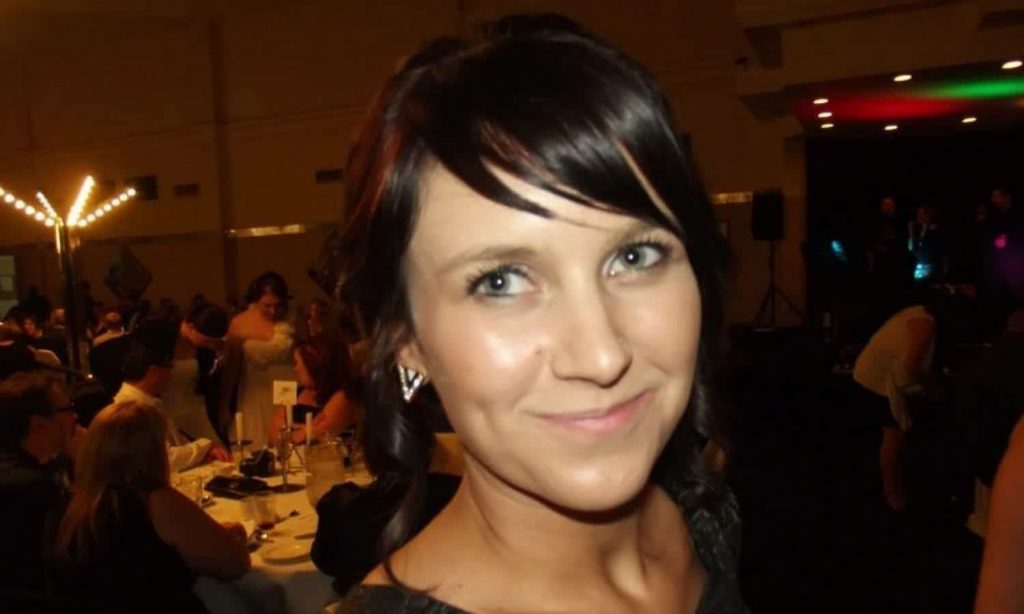
Add to that the terrifying ease with which surveillance equipment and digital tracking apps can be acquired by perpetrators wishing to monitor their partners every move, and you start to get the picture of just how complicated, and pervasive, the issue is.
“This is the sort of thing that makes being in the DV response sector so complex,” Hill said. “Because they’re having to deal with not only tracking devices in cars but invisible surveillance apps on phones. And these are really just handing perpetrators pretty much every piece of information in that phone and can even turn the phone into a recording device.
“The effect of that is that you have someone, even once the relationship has ended, having access to all this kind of information that they can then try to use and to use in a way that may enable systems of abuse. It’s a really, really complicated extra element to be dealing with.”
Calls for Legislation
Explaining how difficult online abuse and manipulation can be to prove in a court of law, especially given that often correspondence sent via social media happens in the form of coded messages, Hill said “Trying to unpick this extraordinary complexity of some of these cases where all of these factors are present, it takes such a long time. And time is not something that (women’s domestic abuse) services have a lot of because they’ve got more clients than they can respond to, and they’re not funded.
“More than that, if you’re pressing charges against this person, can you present that evidence to the court? Can you present the Facebook messages? In most cases, you can’t.”
While England and Wales made coercive control a crime in 2015 and Ireland and Scotland did the same in 2019, Australia has yet to see much progress when it comes to criminalising this form of violence. So far only Tasmania has made certain coercive controlling behaviours — such as economic and emotional abuse — criminal offences with Queensland to follow suit next.
The calls for legislation to be created around coercive control began to grow more urgent in the wake of the horrific death of Hannah Clarke and her three children, who were murdered by Clarke’s estranged husband in early 2020. The need for such criminalisation has since become even more apparent with the death of 27-year-old Kelly Wilkinson, who was brutally murdered and burnt by her ex-partner in April 2021 after he breached a domestic violence order.
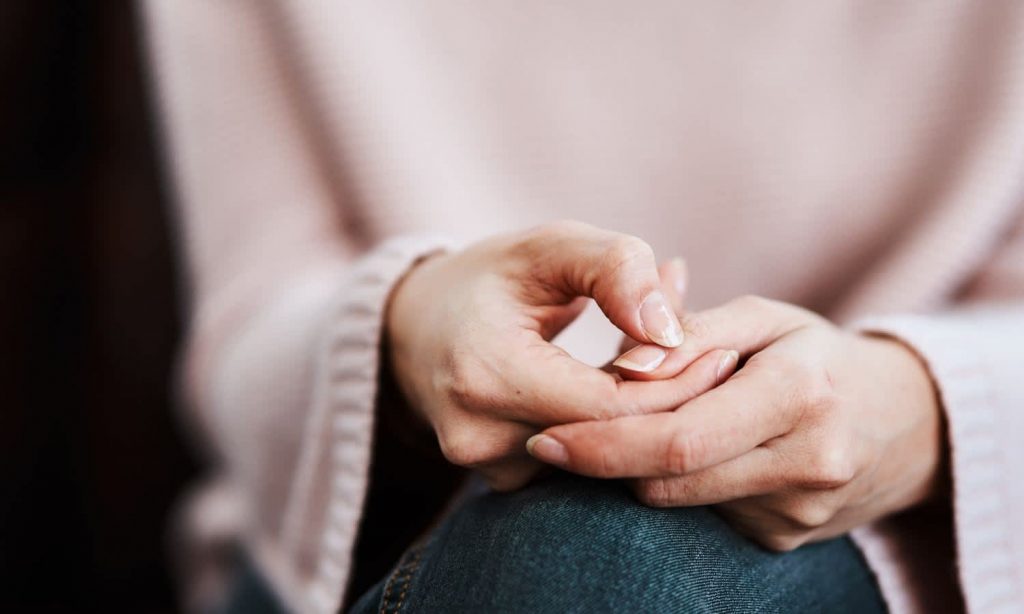
Early Causes
Hill, who interviewed perpetrators as well as victims for her book and documentary, cautions that domestic violence is not simply a collection of incidents and physical assaults, but more a form of entrapment — at the core of which is power and control often stemming from messaging men are taught from a very young age.
“A lot of men will grow up with the idea that to be dependent on anyone is shameful,” Hill said. “They’re really kind of trained from a very early age, through various shaming practices at school: ‘Don’t be emotional, don’t be vulnerable. Don’t be soft, don’t be a girl.’ They’re taught from an early age to have contempt for femininity and for girls.”
“This is happening at the same time that we are, as a society, expecting so much more from intimacy and from relationships, so much more actual vulnerability,” she continued. “I’ve heard so many guys say ‘I controlled because I wanted a predictable outcome. And intimacy was too unpredictable. And so I degraded, I threatened, I created an atmosphere in which I would have the last word because that felt the most comfortable and safe.’
“A lot of these guys are really driven by this sense of, actually, what is deep fear — which then gets translated into anger. And it’s backed up by a lot of entitlement.”
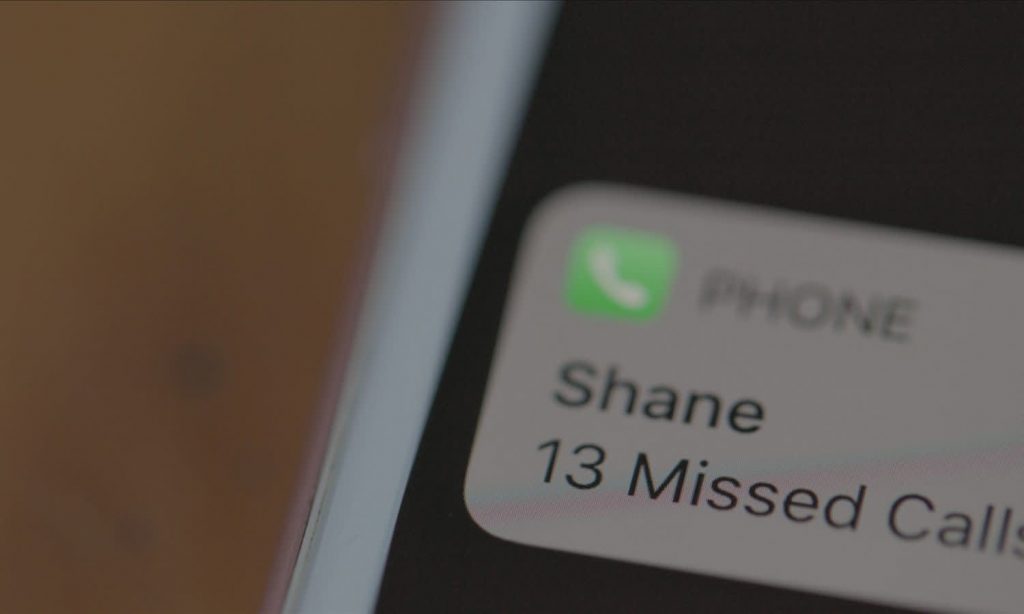
Why Is This Still Happening?
Our national problem with domestic violence is not new, although it has become more complex. In fact, you might remember that in 2011 the Australian Federal Government, in partnership with state and territory governments, developed a 12-year plan to combat the epidemic. That was 10 years and $723 million ago and yet the deaths keep occurring because, as Hill said, the plan “didn’t set measurable targets, it set utopian objectives.”
“There was a problem in the initial writing of the plan, I think,” said Hill. “But there’s also been an immense problem in the stewardship of it. Because what we still have is all these bits and pieces that are trying to be put together, and what we’re missing is community models that are holistic.
“I’m talking about things like justice reinvestment but really, any model that brings together all the service agencies, all the response agencies, be they drug and alcohol, be they domestic violence — particularly Family Services — police and so on, and brings them together and brings them into close collaboration.”
Hill also cautions that our gun problem — long ago considered “fixed” after the devastating Port Arthur massacre — needs to be re-examined.
“Guns are becoming a big problem again. And if you talk to rural regional services or even just services in Greater Sydney, they’ll talk about guns being an issue,” Hill explained.
“Obviously nothing to the extent of the United States where there is an absolute gun culture, but the gun problem (in Australia) definitely wasn’t solved. And I don’t think that it’s been reassessed adequately, since. I’ve met several women who’ve been shot — particularly in regional areas.”
What Needs to Happen Next?
In addition to the obvious need for legislative reform and justice reinvestment, Hill hopes that the media will also recognise its role in dismantling the ongoing issue of coercive control.
“I hope that we start to see popular culture take on coercive control and start depicting that. Unfortunately, we see it depicted in Married at First Sight, which was awful and just a step backwards in terms of respectful relationships and education — but that’s not what I’m talking about,” Hill said.
“I’m actually talking about where it’s scripted, and fiction. In the UK, the top running soaps on radio and on television, they’ve run long coercive control storylines, and it has done wonders for community awareness and for the awareness of victims survivors.”
She continued, “And they’re seeing reports increase off the back of that with people saying ‘I saw coercive control in Coronation Street and that alerted me to the fact that that’s what I was being subjected to.’ That’s what I hope for in Australia.”
See What You Made Me Do premieres 8:30 pm Wednesday 5 May on SBS, NITV and SBS On Demand, in alignment with Domestic & Family Violence Awareness Month and to help raise awareness for the domestic abuse epidemic. The series airs over three weeks.
Immediately following the second episode on Wednesday 12 May is a special one-hour program on NITV called We Say No More where panellists unpack how domestic abuse impacts Aboriginal and Torres Strait Islander women. Indigenous women are 32 times as likely to be hospitalised due to family violence as non- Indigenous women.
Immediately following the final episode on Wednesday 19 May, Jess Hill will join a panel of experts in a one-hour special to discuss possible solutions to domestic abuse in Australia.
The Latch encourages anyone who is struggling and needs support to call 1800RESPECT on 1800 737 732 or Lifeline on 13 11 14. Both of these services provide trained counsellors you can talk with 24/7. You can also talk to someone from 1800RESPECT via online chat. If you are in immediate danger, call 000.
Read more stories from The Latch and subscribe to our email newsletter.


